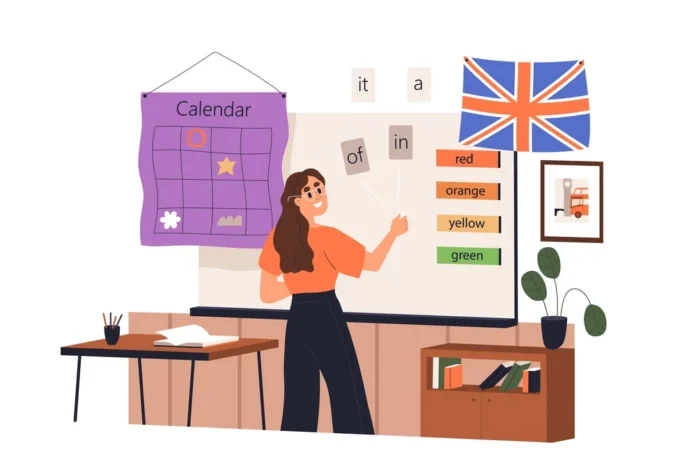By Maria-Nefeli Andredaki,
As the British Council notes, “The use of literature in the ELT classroom is enjoying a revival”, which, if you ask me, an English major and book enthusiast, is great news. Seriously, who would object to foreign language learning through great pieces of literature that can be easily modified in order to fit the needs and requirements of each language level?
Well, to be frank with you, we do live in a society that favors language certificates over actual language fluency: everyone is too busy with getting at least a passing grade on these exams, which leaves no room for anything other than your typical reading, writing, listening, and speaking activities. And yes, it is understandable when parents are paying out of pocket for their children to learn a language that is oftentimes treated as a free period in schools and when these kinds of certificates are prerequisites for their future curriculum vitae. However, there is a lot to be said about literature as a tool for teaching foreign languages.
Firstly, we need to demolish the image that the word “literature” brings to mind for most people. Literature is not just the typical classic seven-hundred-page books that are found in university libraries. It includes short stories, poems, plays, or even songs! Just think about the effect of turning a Taylor Swift song into a listening activity compared to that of an overplayed dialogue between a shop assistant and a customer.
Let’s see what it is exactly that literature brings to the table in a foreign language classroom:
1) As far as language function is concerned, students will be faced with a plethora of vocabulary, different grammatical phenomena, and syntactic structures used by authors in varying contexts that would not have been thoroughly explored elsewhere. The language teacher is free to decide on and edit the texts in order to fit the learners’ age, language level, interests, and the focus of the specific lesson in which they will be used.
2) Motivation is extremely important in language learning and this is usually lacking when the student is asked to learn the Present Perfect Simple through drill exercises or write an email essay to a friend. This is exactly where literature can help; by incorporating different genres and touching on various topics that either concern or excite the learners, you immediately gain their undivided attention, which translates to meaningful learning. No one can blame them for needing a break from their routine of textbooks and practice-test activities.

3) Learning is not just about grammar and vocabulary. Learners will be called to express themselves and their opinions on different topics in the target language and to do so, they will need to have developed such opinions and been exposed to and familiarized with such topics. Literature provides endless opportunities for learners to broaden their horizons, understand different perspectives, question their beliefs, and worldviews and defend them.
4) Adding to number 3, the learners will also have an opportunity to develop their emotional intelligence since it has been proven that through literature, we identify with different characters, understand their psychology, their actions, and their motives, which, in turn, helps us understand ourselves, regulate our emotions and have empathy. Some popular approaches, such as the reader-response and the SEL approaches, do exactly that: they bring the reader into a position to express themselves regarding different characters’ situations based on their own experiences, with the aim of reaching deeper understanding and intellectual empathy.
There are a couple of downsides, of course. Mainly, the workload on behalf of the teacher, who will need to carefully select and plan out their material in order to fit the learners’ interests, as well as the language-learning goals for each lesson. Also, the teaching of literature is very time-consuming and needs a lot of patience on behalf of both teachers and students, so it will be difficult to add it to the already packed and planned schedule of public schools or private language schools (unless the latter follows a literature-based approach to foreign language learning).
It is high time we show young (and even old) language learners the power of literature and the possibilities it has to offer inside the classroom. Reading super-hero manga, listening to songs, or writing letters to characters to give them advice are actual tasks that cultivate language skills, and under no circumstances should they be treated as inferior to ordinary textbooks.
Reference
- Using literature – an introduction. TeachingEnglish. Available here




